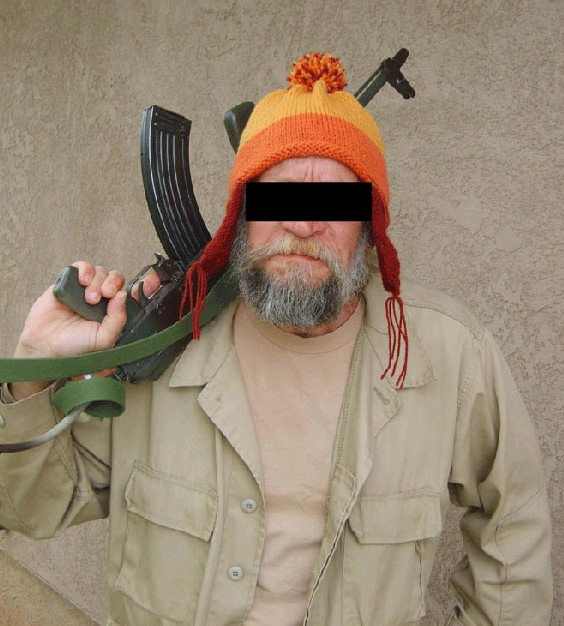Continued from here.
Begins here.
It's All About Power. It might be the power of mass destruction; the power to send gigantic naval battle groups around the world to rain death on nations. Or it might be petty power: the power to prevent franchise hamburger restaurants in some tiny rural burg. Money can be involved, of course, but money is also power. It's all about power. Personal power. The feeling of power.
I don't give a damn whether you're a petty clerk behind a DMV counter, a county councilman, a small-town cop, or a mighty senator with a seat so secure you can bequeath it to your least distinguished niece. It is all about silly little men and women gaining and keeping themselves in positions where they can feel powerful. That is what government is for.
But power is expensive. The more power you gain, the more it costs. Take military power alone...well, they say a boat is a hole in the water into which one throws money, right? Ever try to keep an aircraft carrier supplied with jet fuel, gray paint and cherry pie? Do you have any idea what an F-18 costs? Or an Abrams battle tank? Sheesh! Then there's all the trappings of power, that our masters can't do without; the big shiny buildings, the tinted-window Suburbans, the submachineguns for the guards. Even if they settle for suits from Armani, none of this stuff comes cheap. Somebody's got to pay for it, or our masters won't be able to have it. Now, who can we get to foot the bill? Hmm...
Though it isn't sexy enough for some rulers to worry their little heads over, governments endure or fall on their budgets. If the eighteenth-century French royals hadn't overspent so ludicrously, they'd be living in Versailles to this day. In the fall of one major government after another, we see the same pattern: By the time the people resort to arms, if they ever do, the government has already fallen in all but name. A sure sign that the rulers in a particular government have lost all sense of their own legitimacy is a reliance on a permanent state of crisis. We could call it the "Look! Over there!" theory of governance. And that, of course, is where we find ourselves today in this country. The question is, what do we do about it?
To be concluded...
Still Alive
6 hours ago
















No comments:
Post a Comment